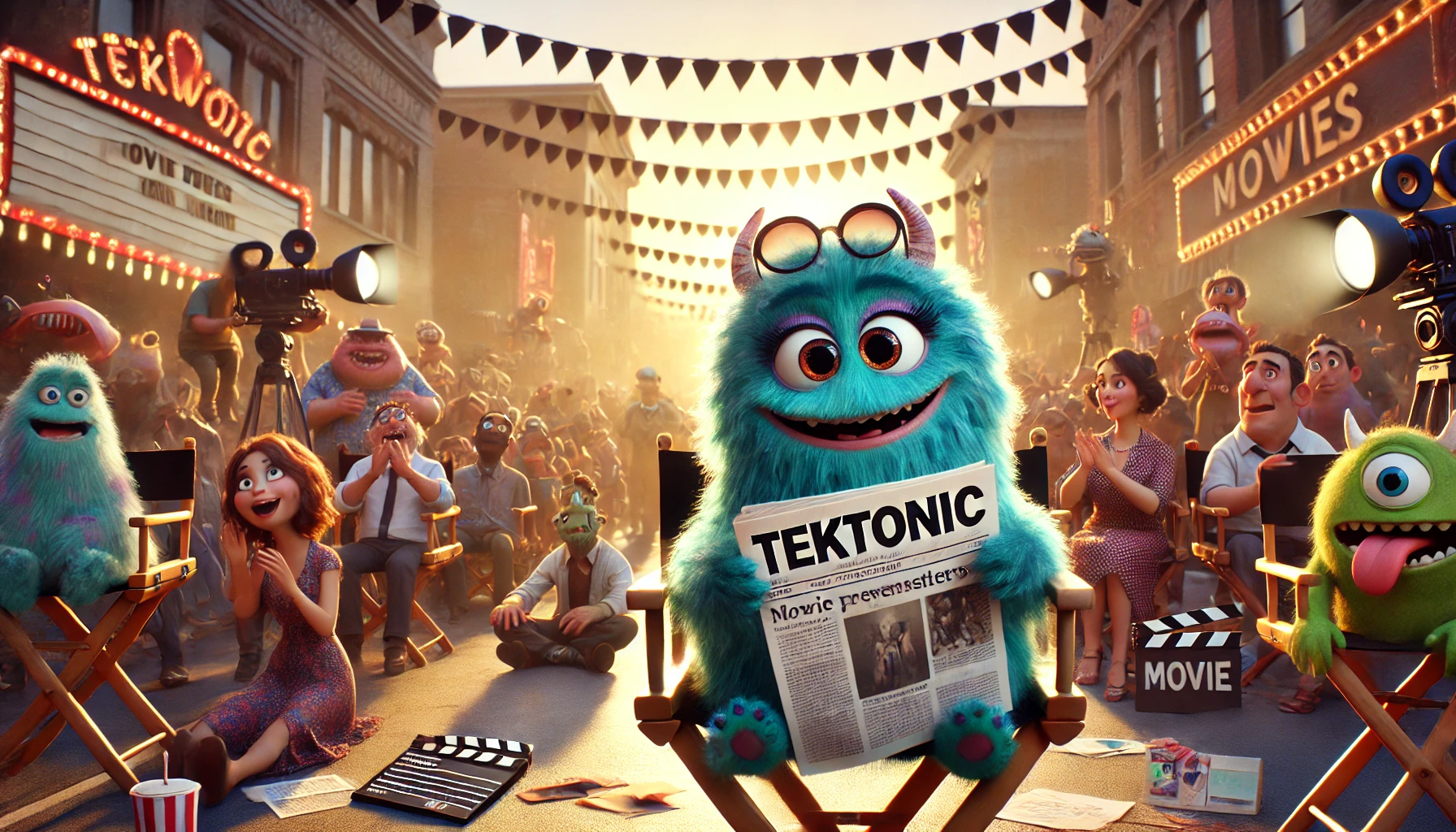Welcome to this week’s TekTonic newsletter. The landscape continues to evolve rapidly with groundbreaking releases like Google’s Gemini Pro 1.5 Experiment, pushing the upper limits of large language models. Meanwhile, Gartner’s warning about the potential abandonment of generative AI projects underscores the importance of establishing clear business value. The legal environment is also shifting, with the European Union’s stringent AI law and ongoing investigations into tech giants like Nvidia highlighting the increasing regulatory scrutiny. Moreover, advancements in healthcare AI and robotics demonstrate the transformative potential of these technologies across various sectors. Stay informed as we explore these pivotal developments shaping our future.
Last week, we learned Meta released its Llama3.1 405B free open-source language model, performing nearly as well as the pay-for-closed-source models. But this week, we saw the release of a new closed-source model. Google released its latest flagship LLM, Gemini Pro 1.5 Experiment, with a 2 million token context window, which quickly beat the reigning champ, GPT4, by a large margin in the top performance leaderboard. This pushes the upper limit of LLMs and expands one-shot intelligence. Gartner warned that nearly 30% of all GenAI projects could be abandoned if the business value cannot be established rather than simply burning out workers. We also learned a new AGI prize of $1 million for anyone who can build it. Apple will delay their recently announced AI features and heard a rumor that Sam Altman, CEO of OpenAI, has a “nuclear backpack” to turn off servers in case of an AI apocalypse and will give the US government access to GPT5 before the public. Also, Sam Altman-backed UBI study results came out showing promising outcomes.
Meta’s VR business continues to face challenges despite significant investments. The company has lost $50 billion trying to popularize virtual reality, yet it remains determined to introduce new Ray-Ban smart glasses in hopes of finding success. Meanwhile, Mark Zuckerberg announced that India has become the largest market for Meta’s AI services, highlighting the region’s growing influence in the tech industry.
In other developments, Google’s DeepMind has released Gemma 2-2B, a lightweight model designed for on-device deployment, enhancing text generation capabilities. This model is released among a broader trend to make models smaller and cheaper. Along with this is the trend of tech giants emphasizing the need to upskill in response to AI’s transformative impact on 92% of Information Communication Technology jobs. With the rapid advancements, concerns about AI’s impact on privacy and job security continue to grow. A recent survey revealed that 74% of Americans fear AI will erode privacy, prompting companies like Aloha Browser to launch private AI assistants to address these concerns.
The legal landscape is transforming, marked by the implementation of the European Union’s first major AI law. This regulation imposes stringent requirements on American tech giants, necessitating transparency and accountability in AI decision-making processes. Simultaneously, Elon Musk’s X is embroiled in accusations of AI data misuse, reflecting the escalating scrutiny and regulatory challenges tech companies must navigate.
In cybersecurity, a new survey has revealed a concerning trend: speed of software deployment is outpacing security measures, posing significant risks. Hackers exploit these vulnerabilities, selling stolen generative AI accounts on the dark web for as little as $15.
Notable advancements in hardware and tools include Apple’s shift away from Nvidia GPUs in training its AI models, showcasing its evolving tech infrastructure. Additionally, MATRIX Inc. has launched a revolutionary Gaussian VR property viewing service, allowing for quick and automatic generation of VR environments using just a smartphone.
In education, AI is transforming the $3 billion college application industry. Tech startups are now offering tools to assist students in managing the college selection process and improving their applications, which even the University of California has welcomed to some extent. Meanwhile, there’s an ongoing debate among educators about whether they should disclose the use of AI in their teaching materials.
In the political arena, the U.S. government is intensifying its scrutiny of Nvidia’s dominance in the AI chip market, with the Department of Justice launching an official investigation. This comes as OpenAI announces a partnership with the U.S. AI Safety Institute to provide early access to its next model, ChatGPT-5, aiming to ensure safety and reliability. Amid these regulatory moves, AI startups are ramping up their lobbying efforts, especially with the upcoming election year potentially influencing future AI regulations. But for now, the White House sees no need to restrict open-source AI.
On the business front, Delta Airlines is facing $500 million in costs due to a global tech outage caused by a bug in CrowdStrike’s cybersecurity systems. Imagine if that code was AI-generated, and the AI admitted it was intentional? In response to economic pressures, Intel is reportedly planning significant job cuts as part of a cost-cutting strategy.
Robotics and media also saw notable advancements this week. Chinese scientists have developed humanoid robots with realistic facial expressions. In media, Taco Bell is doubling down on AI-powered drive-thrus, despite some rivals moving away from the technology, showcasing the varied approaches to integrating AI in customer service.
In healthcare, AI’s impact continues to grow. A new study comparing the medical knowledge of OpenAI’s GPT-4 and Anthropic’s Claude3 against human experts highlights the potential and limitations of AI in medical applications. Additionally, AI models producing synthetic brain images accurate enough for medical research are breaking new ground in dementia studies, just as Writer’s new AI is best in class at Healthcare tasks demonstrating AI’s potential to revolutionize healthcare research and diagnostics.
That is it. Stay tuned for more news next week. I APPRECIATE ALL THE READERS. Help spread the word. I put these newsletters together so productive humans like you can stay on top of the latest AI stories shaping our world.
If you like these weekly tech news reports, subscribe to get notified of new editions and updates. For daily updates, check out our news page. For a more in-depth analysis of the week’s news, sign up for our free weekly newsletter to the right of the daily news, or follow me on Twitter or YouTube.



